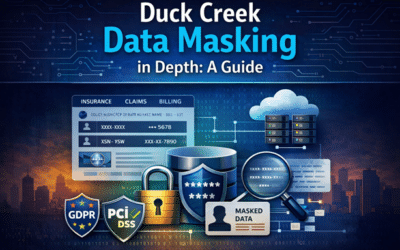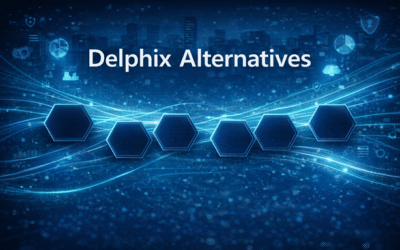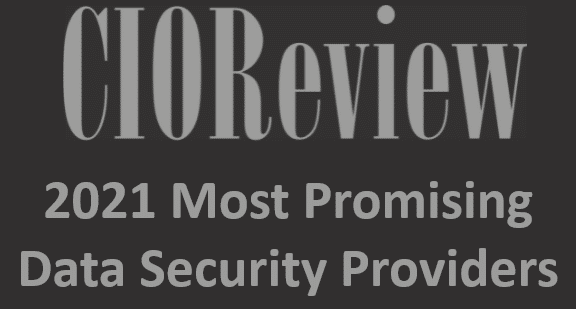Software Release Risk Management
by Rohit Gupta
How are you managing the software release risks associated with constant change?
According to a survey conducted in 2014, more than 50% of participants had major releases occur every one to five years, with annual releases being the most common.
In 2016, however, it was reported that just 10% of major releases occur annually or longer. More than half of major releases occur more frequently and span monthly to quarterly release cycles.
Frequent release leads to risks such as expenses, delays, failed deployments, lack of visibility, outages and much more.
The quality of the product cannot be compromised due to frequent releases as it can adversely impact customer experience and the business.
What you need to manage the risks effectively;
- You need a complete view into all dependencies between teams and processes.
- Better reporting.
- View of all open incidents & defects.
- More control on gates, these allow you to plan ahead and manage risk.
- Automation to enable faster deployment, and eliminate errors from manual processes. This will also lead to more frequent & reliable releases.
In this fast paced environment where complexity and scope of business software increase, you need a holistic view of what’s going on and proactively prevent delays and failures. This will also allow you to plan ahead and release predictably to drive measurable business results from successful releases.
The story and importance of effective and “Agile at Scale” release management hits the bottom line of how well an organisation is performing for it’s customers, employees and ultimately it’s shareholders.
enov8 pride themselves with delivering a unique market leading solution to the problem with ecosystem, an extensible holistic release management platform inclusive of the following capabilities.
- Enterprise Release Management (Portfolio Release Management).
- Streamlined Implementation Planning via Runsheets.
- Release Automation & Deployment Version Tracking.
- Test Environments Management.
- Holistic Test Data Management.
- Seamless and Advanced Integration.
- Data Center and Cloud Migration Management.
Promoting Transparency, Control & Productivity.
To learn how ecosystem can help you better manage and mitigate the risks associated with software release management, contact us for a demonstration today.

Relevant Articles
A Data Loss Prevention Security Checklist for Enterprise
Companies today are collecting more data than ever and using analytics to influence everything from sales and marketing to research and development. In fact, data is now one of the most valuable assets that a company can own. Yet while data is more important...
Enterprise Architecture Principles: 13 for Resilience
Modern enterprises operate in environments defined by constant change. Cloud adoption, regulatory pressure, cybersecurity threats, distributed teams, and accelerating release cycles all increase the complexity of the IT landscape. In this environment, resilience is no...
Duck Creek Data Masking in Depth: A Guide
Insurance platforms are data-heavy by design. Customer identities, policy records, payment details, underwriting notes, claims histories. In a Duck Creek ecosystem, that data powers critical business processes across policy, billing, and claims. It also creates...
What is a Microservice Catalog? A Detailed Explanation
Microservices have revolutionized the way modern software systems are designed and developed. Breaking down complex applications into smaller, independently deployable services brings numerous benefits in terms of scalability, flexibility, and maintainability....
Delphix Alternatives: 7 to Consider in 2026
If you’re searching for delphix alternatives, you’re likely evaluating your test data management strategy. Delphix is widely recognized for data virtualization and masking, but it is not the only option available. As enterprise environments grow more complex and...
Enterprise Release Manager: A Guide to the Role
Do you want your company to scale efficiently? Look for an enterprise release manager (ERM). An ERM protects and manages the movements of releases in multiple environments. This includes build, test, and production environments. They ensure that there is a proper...









